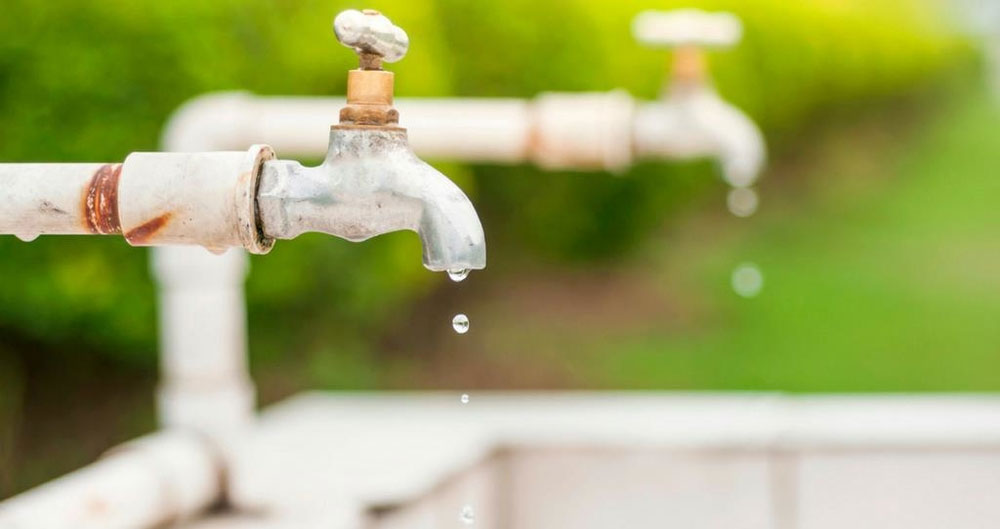Last week’s report from the Public Accounts Committee (PAC) concluded that government has ‘achieved very little’ in its efforts to get people to use less water while ‘no progress has been made in reducing leakage.
The report concludes that there is a serious risk that some parts of the country will run out of water within the next 20 years. More immediately, some areas have already faced recent shortages through the combination high spring temperatures and ‘stay at home’ COVID-19 restrictions which caused a significant increase in household demand for water.
More than three billion litres of water, a fifth of the volume used, is lost to leakage every day. Despite this, no progress has been made in reducing leakage over the past 20 years.
The PAC says that government has been too slow to implement policies that could improve water efficiency such as product labelling and changes to building regulations. Nor has it done enough to resolve the tension that water companies face between needing to invest in infrastructure to improve water supply and the pressure to keep water bills affordable for consumers, particularly where consumers say they are prepared to pay more.
The committee published a set of recommended actions for government to be completed within six months, which were to:
- Provide more guidance to water companies on the level of investment needed to ensure resilience to water scarcity by 2050
- Hold water companies to account by publishing annual league tables showing their performance on tackling leakage
- Develop a plan, with adequate funding, to increase public awareness of the need to save water with annual league tables showing water companies’ and retailers’ performance on reducing consumption
- Set out a timetable for when it expects to implement product labelling and any other changes, including to building regulations, designed to improve water efficiency
- Provide planned mitigation actions and associated timescales for eliminating environmental damage from over-abstraction and sewage outflow.
Agriculture is a relatively minor user of England’s abstracted sources of water, but a reliable source of water is essential for all farms to produce the nation’s food.
NFU water specialist Paul Hammett said that agriculture is particularly vulnerable to drought events:
“Recent droughts have resulted in severe impacts on the farming and environment sectors but have had little impact on water companies and their customers. We need to redress with this imbalance.
“The capture, storage and distribution of water for agricultural use in on-farm reservoirs and multi-sector storage will be essential if the food and farming sector is to thrive. The planning system remains a barrier for farmers trying to build reservoirs."
You can read the PAC report on water supply and demand management here.
Read more on NFUonline:

